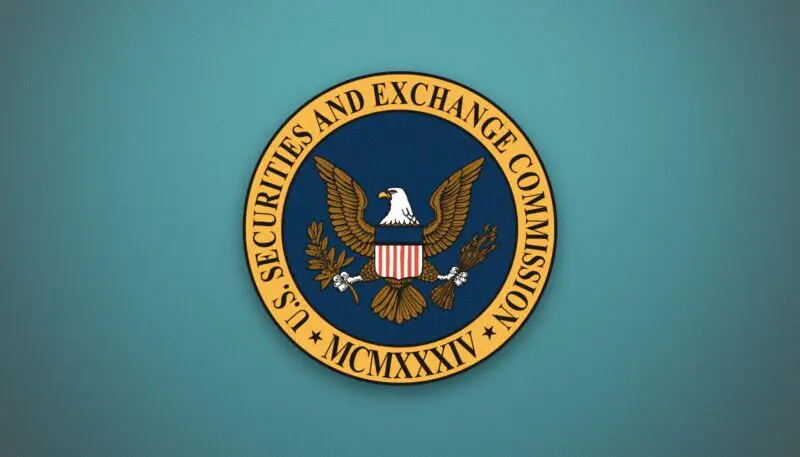
The Corporate Transparency Act Will Have a Large Impact on Startups
Passed by Congress on Jan. 1, 2021, as part of the National Defense Authorization Act of 2021, the Corporate Transparency Act (the CTA) requires certain businesses formed in or registered to do business in the United States to report beneficial ownership information to the Financial Crimes Enforcement Network (FinCEN). The CTA requires reporting companies to report to FinCEN the name, date of birth, current address, and unique identifying number (from an acceptable identification document such as a driver’s license or passport) for each applicant and beneficial owner.







